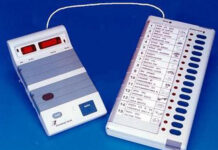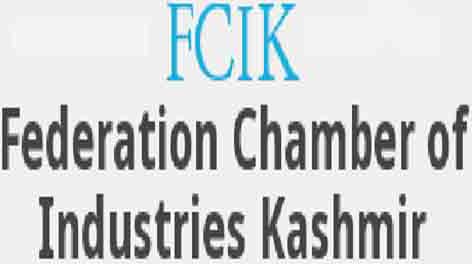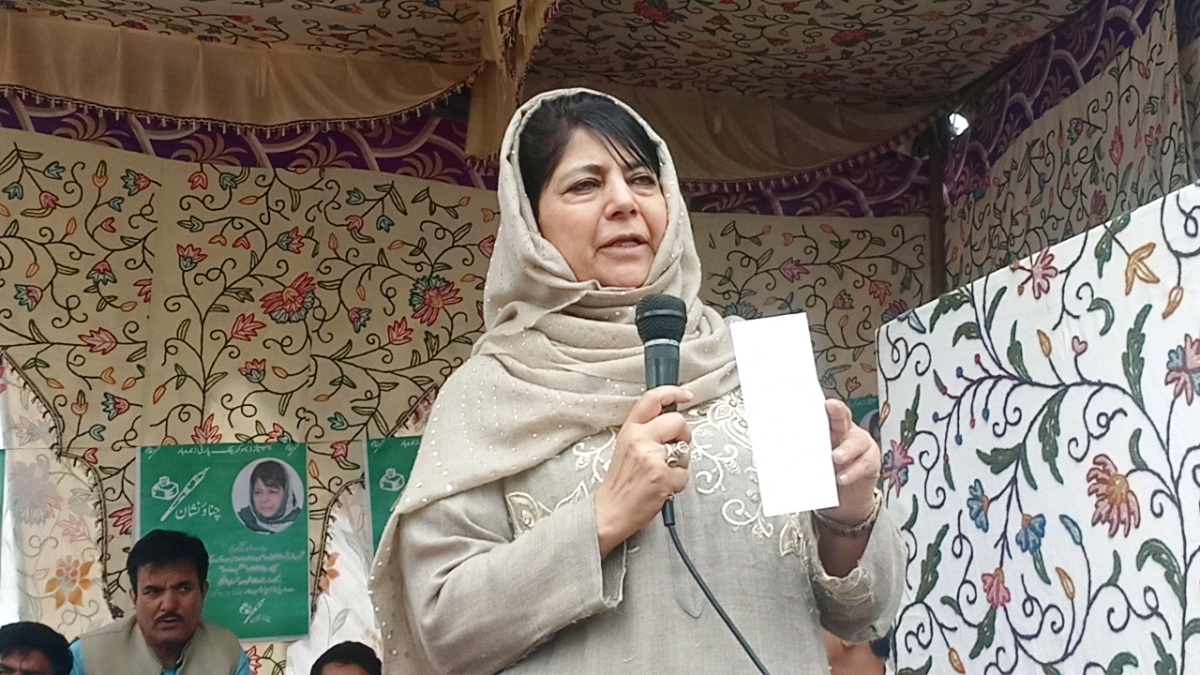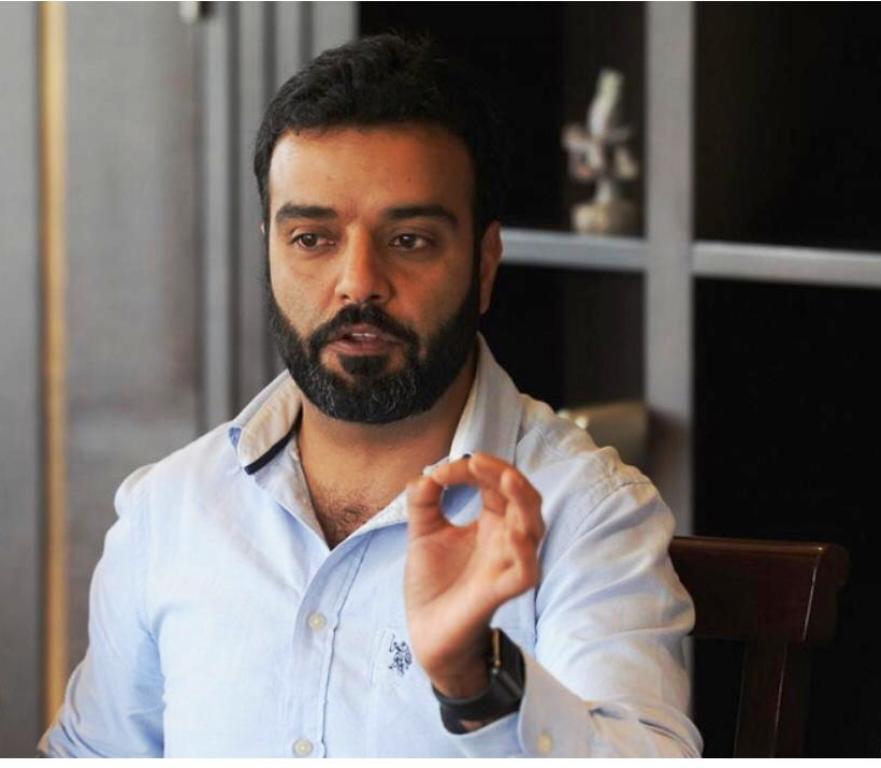by Saifullah Bashir
SRINAGAR: On August 5, when my grandmother complained of chest infection, stomach problem and fatigue, we tried to get her treated by doctors living nearby. As she showed no improvement and deteriorated further, we decided to take her to the hospital.
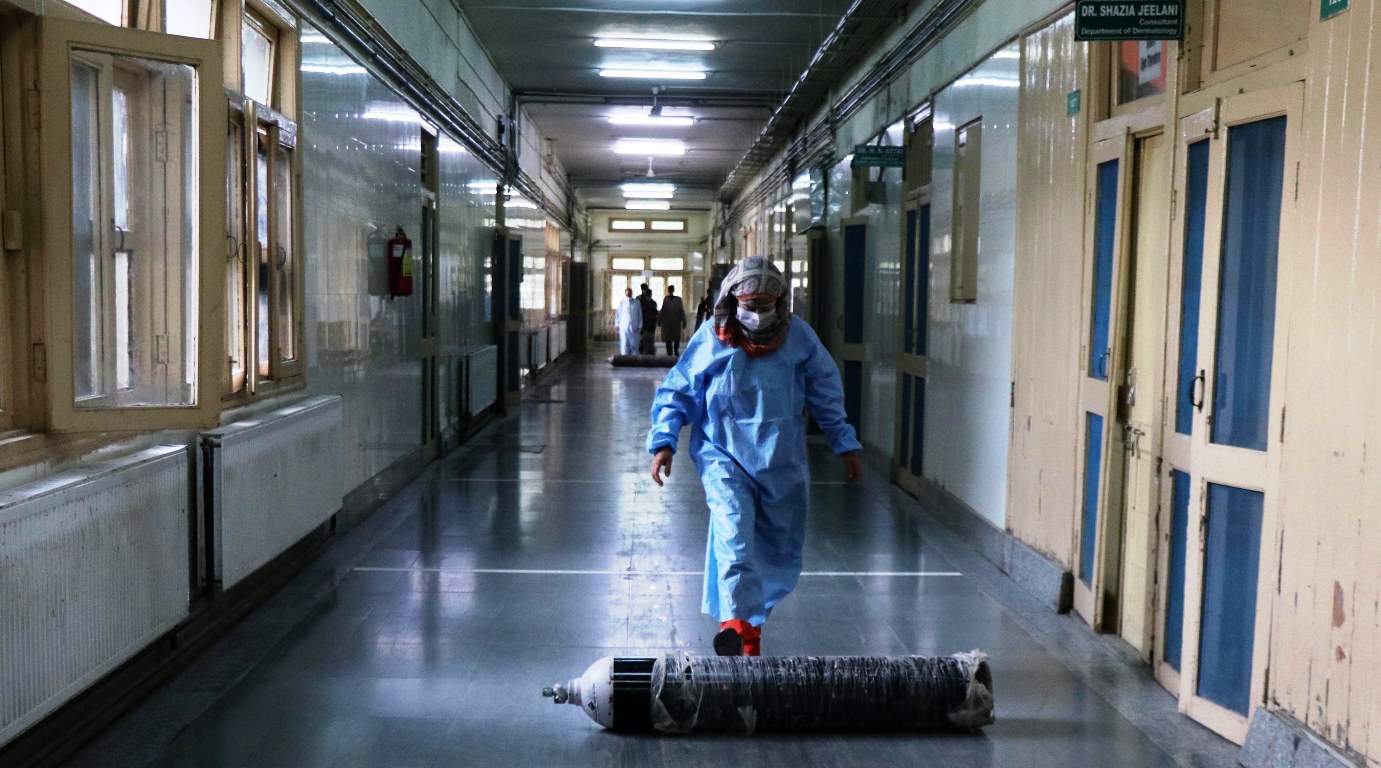
Though we were aware that hospitals are hotspots of Covid-19, there was no other option. Before visiting a government hospital, we preferred a private hospital thinking there will be less infection as compared to a government hospital.
On August 6, we took her to a private hospital. The doctor recommended a few tests and in no time we got it done. After checking the test reports the doctor said she was severely dehydrated. “After administering 5-6 bottles of glucose you can take her home,” the doctor said.
However, grandma’s condition was deteriorating. She was unconscious, her face was visibly pale. She was put on oxygen support. She stopped talking and her body moment was also zero. After infusion of half a dozen normal saline bottles, she recovered a bit. She opened her eyes and moved her left hand. We remained at the hospital for a full day and at 9 pm we were discharged.
“You can take her home now. Just infuse 2 more bottles of NS injection into her body and she will be fine” said a senior doctor.
However, we didn’t see any improvement. I was worried and of the opinion that she may be Covid-19 positive. After completing the formalities we brought her home.
On August 7, as per the direction of the doctor, we infused two additional bottles of glucose and gave her some tablets. To ensure she gets better oxygen supply, we contacted a local NGO and they were kind enough to provide it to us.
Grandmother’s condition didn’t change. Every family member sat around her, waiting for a miracle to happen. Suddenly her saturation level turned very low. Despite raising oxygen supply she faced difficulties in breathing. It was visible from her chest moment and from oximeter.
Without wasting a second I called an ambulance and we shifted her to SMHS hospital. Though it was risky, there was no other option. I and other attendants covered themselves with protective gear fully. After initial check-up in an emergency, we were admitted in ward 18 of SMHS hospital. When we entered everyone stared at us. It was like zombies were waiting for our arrival. There was chaos and confusion. People were aimlessly moving from one side to another. There were dead bodies covered with PPE kits. No doctor or nurse was visible for a long time. People were moving away from us. I and my cousin were astonished.
“I think they thought our grandmother was positive. That is why they were staring at us” my cousin told me.
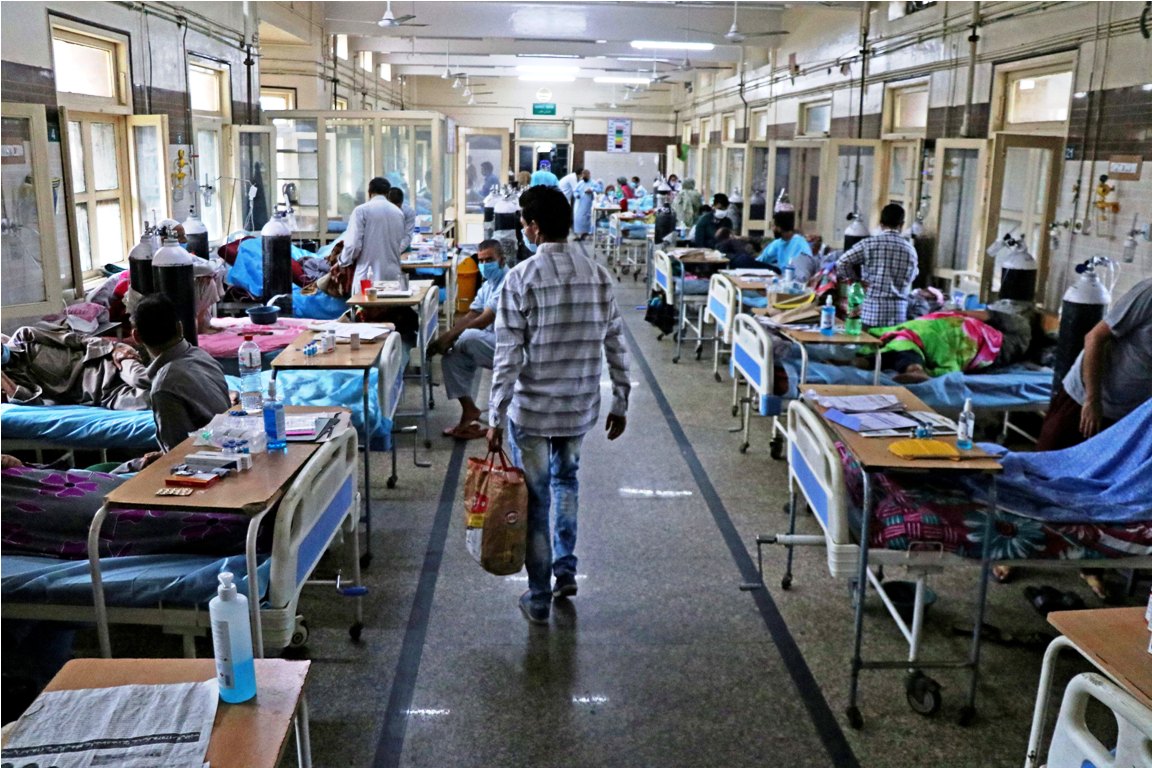
With some difficulty, we managed to get a bed. While leaving the ward to buy medicines from the market, I focused on a prescription of another patient and at its corner “Covid report positive” was clearly written.
I lost my senses. I informed my cousin that this ward was for Covid positive patients. He was shocked. Now it was a challenge for us to save ourselves and the patient. We urgently made a call to home and told them not to visit the hospital and do not send any food to us. I and my cousin decided to stay at the hospital, no matter how many days it takes. This was important to save other members of the family.
The situation in the hospital was extremely terrible. No oxygen port, attached to bed was working. Hardly any doctor visited the hospital. No nurse was present. No employee of the hospital was cleaning the ward on a daily basis. Attendants had to wait in a long queue for oxygen, outside the oxygen plant of SMHS. In the morning a truck would come with 40 cylinders. A number of people waiting in the queue would be over 100. For female attendants, it was unbearable to handle such a big cylinder and carry it to the third floor. The attendants used stretchers and trolleys to carry them. It was a back-breaking activity. Normally one cylinder would be consumed in 3 hours and the attendants used to repeat the same chorus thrice a day.
Being peak summer, it was very hot and making rounds in the hospital was tiring. I used to take 6-7 litres of water to cope with dehydration. To take any kind of food, one had to get out of the hospital and before you had anything, one had to sanitise one’s hands and clothes.
On the second day, doctors took a swab of grandma and sent it for Covid-19 test. They also advised a few medicines and injections for her.
For the first two days, we did not visit home. We were in touch with family members through a video call. But after developing foul smell in the body I informed family to keep washroom ready and put new clothes there and avoid coming in close contact with me. They followed the call and did the same. Accordingly, food was placed in a separate room. Then I returned to the hospital and cousin visited home.

We used to sleep in the corridor for a few hours but most of the time we were active as we had to monitor the activity of the patient. It was only in morning hours that the doctors used to visit the ward. For rest of the day, patients were left to the mercy of God. Every day 1-3 people were dying in the ward.
On August 10, my grandmother’s Covid-19 report came negative. There were many patients in the same ward who were negative but were helpless. We somehow managed to motivate the doctor and requested him to shift us from there.
“Find yourself any free bed in ward 6 and shift the patient,” said a doctor. We went to the ward 6 and finally secured a bed. It was better. This ward was newly repaired. Oxygen ports and fans were working. The flow of patients was less. We spent 3 days in ward 6 and on the first two days doctors monitored my grandma but there was no improvement. On August 13 she passed away.
What would remain inedible on my mind was that 4-member family that was admitted to the same ward, we were in; father, son, daughter and their mother – all Covid-19 positive. During the whole week, none of their relatives visited them. The condition of their father was critical and they would themselves leave the bed and get the oxygen cylinders.
Surprising the entire ward, their daughter was a one-man army who did everything to save her critical father but unfortunately, she lost him. Despite being unwell, she was taking care of food, cleaning, and managing medicines from the market. When she lost her father, she was crying in loneliness, kissing the forehead of mom and dad. She hardly slept that night.
On many occasions, I have spent nights in the hospital. But this time it was totally different and terrible. I may not be able to forget this week forever. This week was enough for me to understand how badly prepared the government was for the contagion. And more importantly, I also came to know, how deadly Covid-19 is. I wish none to go through this situation.


